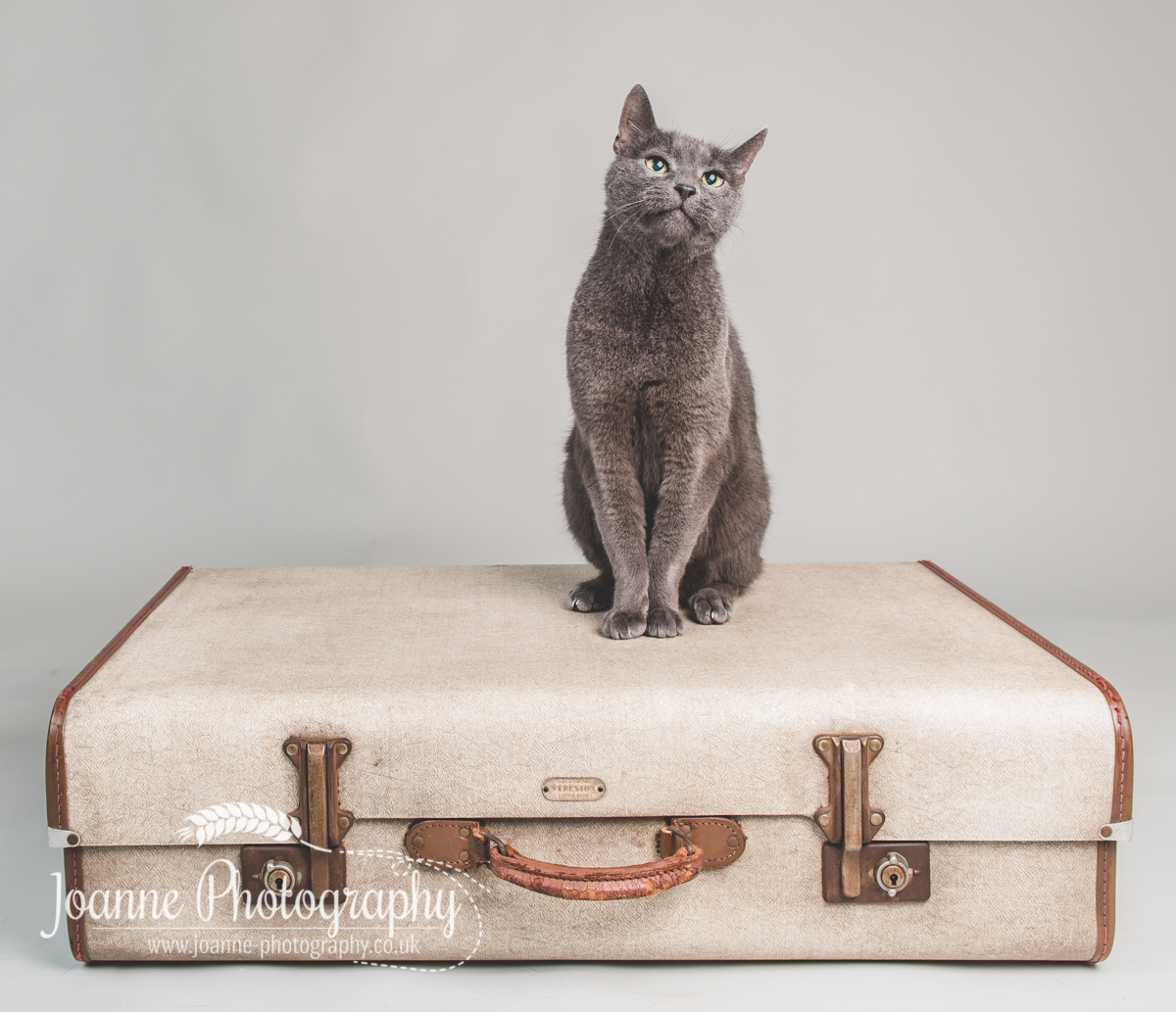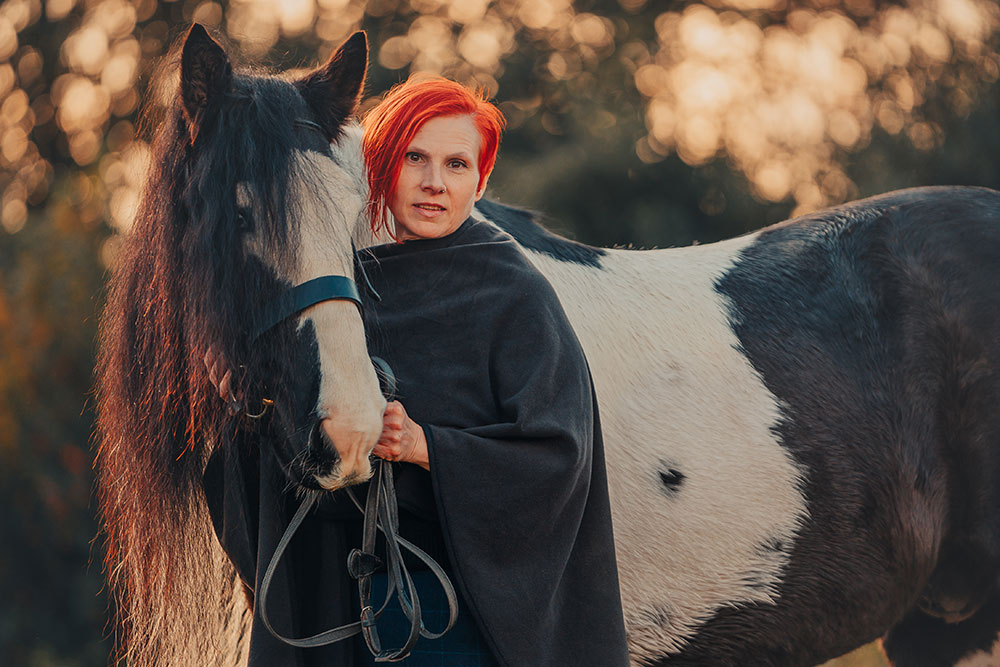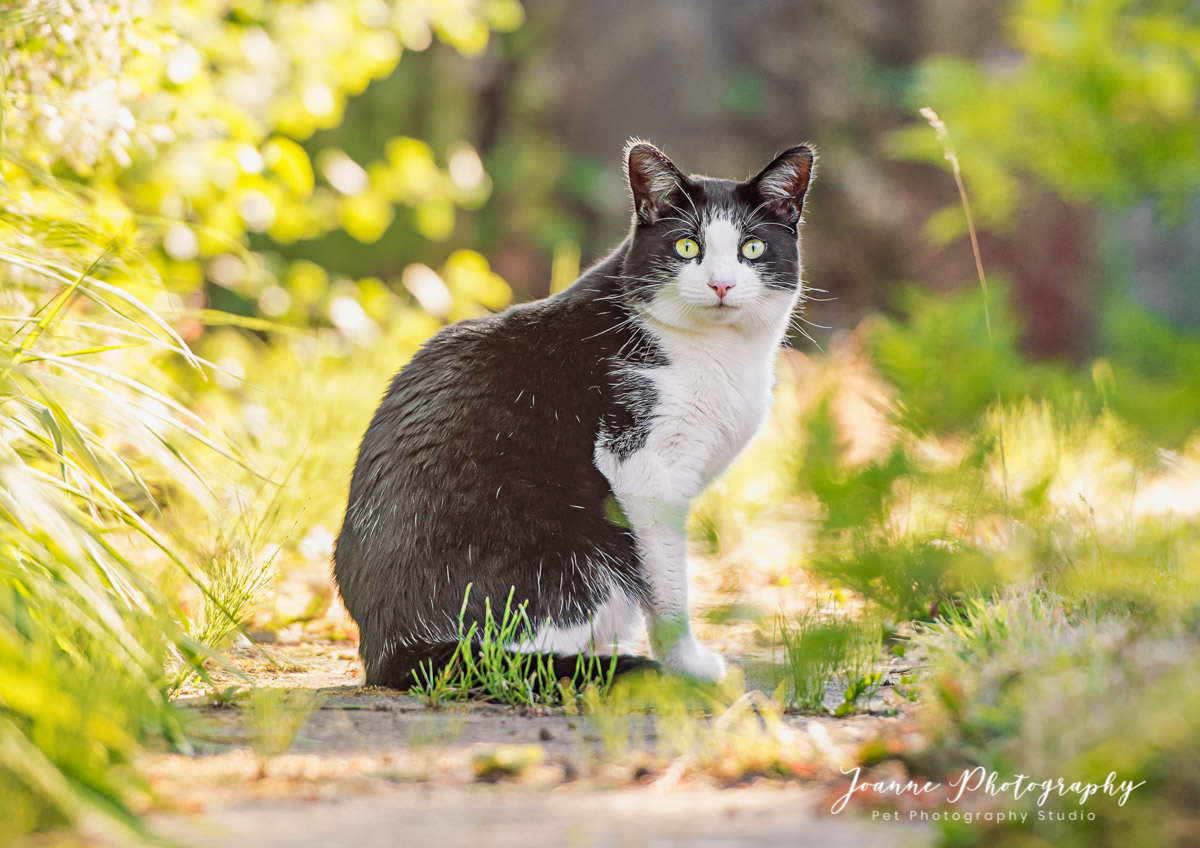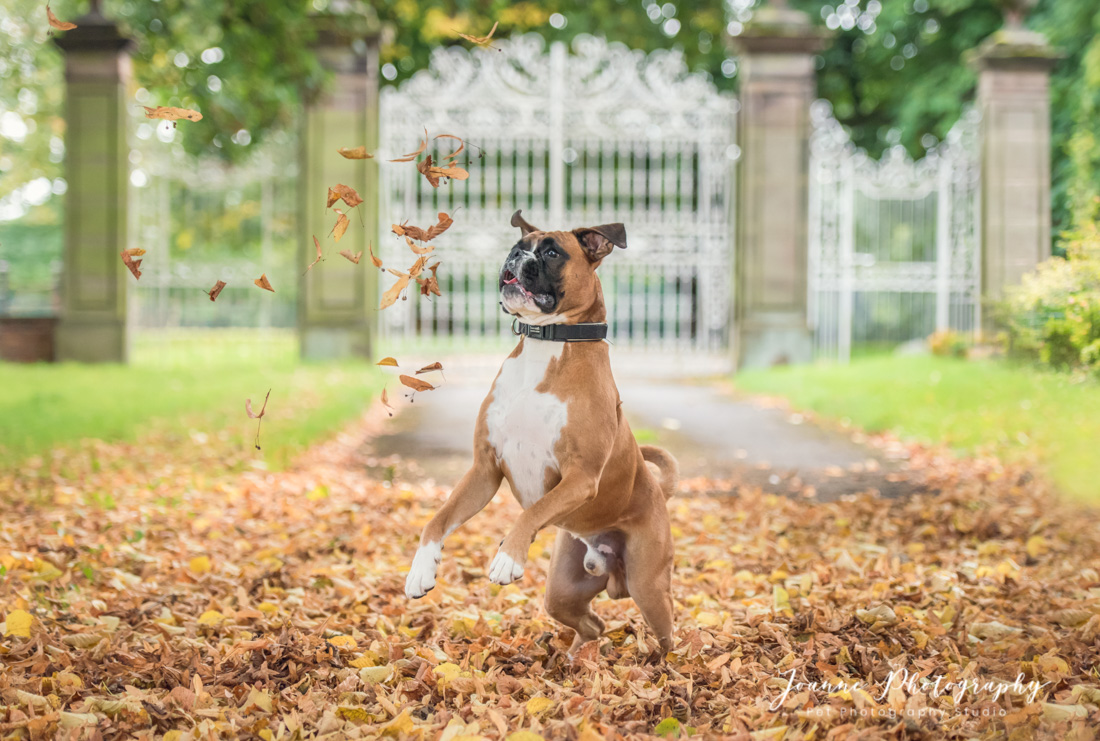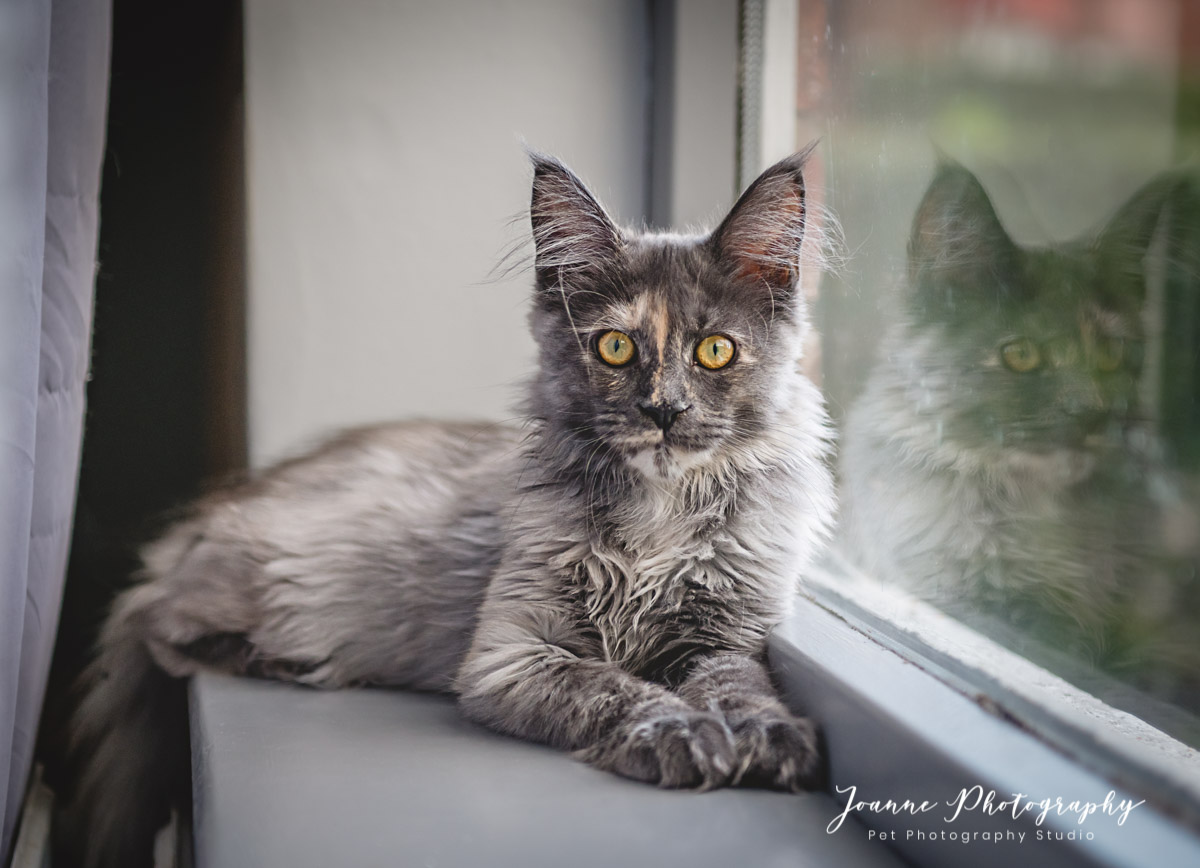Pets often become a beloved part of the family and therefore it is absolutely heart-breaking when we lose them. Joanne sadly lost her cat Rocher during the pandemic and 3 months later lost her horse Badger at the end of 2020.
It is important to take the time to grieve the loss of your beloved pet and deal with the pain in a healthy manner. This can feel overwhelming and we all respond to loss differently - there is no “normal” timetable for grieving. You should never feel ashamed or guilty about grieving for an animal friend.
Tips for seniors who are grieving the loss of a pet
The death of a pet can hit retired people and seniors even harder than younger adults who may be able to gain comfort from close family, or distract themselves with the routine of work. Your pet may have been your sole companion, and taking care of the animal provided you with a sense of purpose.
Here are some tips to stay positive while remembering your companion.
Helping children to understand and grieve the loss of a pet
Losing a pet may be your child’s first experience of death, and therefore your first opportunity to teach them about coping with the grief and pain that inevitably comes after loving another living being.
Getting another pet after losing one
It is an amazing thing to share your life with another companion animal, but when you should do so is very personal. It may be tempting to quickly fill the void left by your pet’s death by immediately getting another pet, but in most cases it is best to mourn the old pet first, and wait until you’re ready to open your home (and your heart) to a new animal. You could initially volunteer at a local rescue or animal shelter, which is not only great for the pets, but will allow you to see if you are ready for a new pet in your life.

